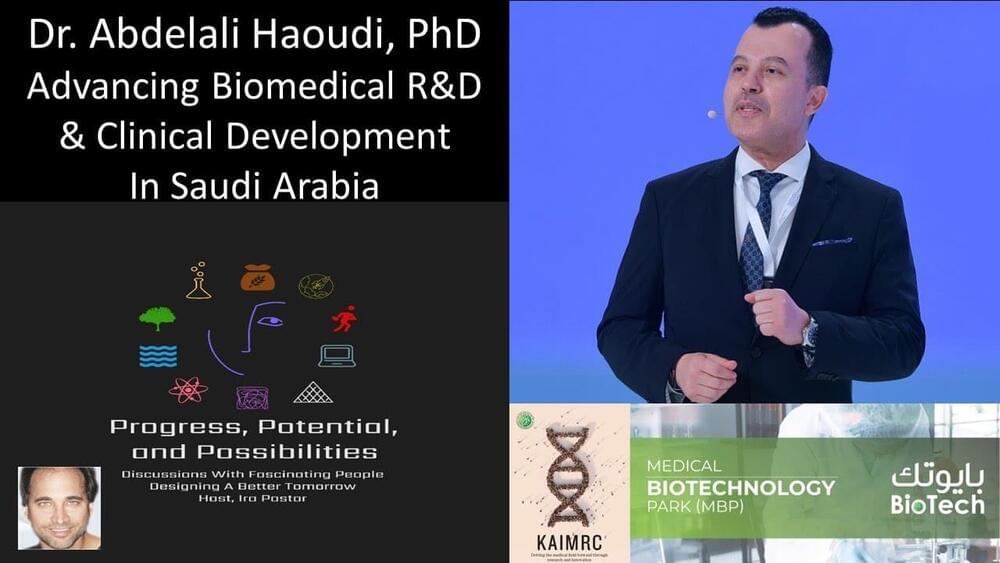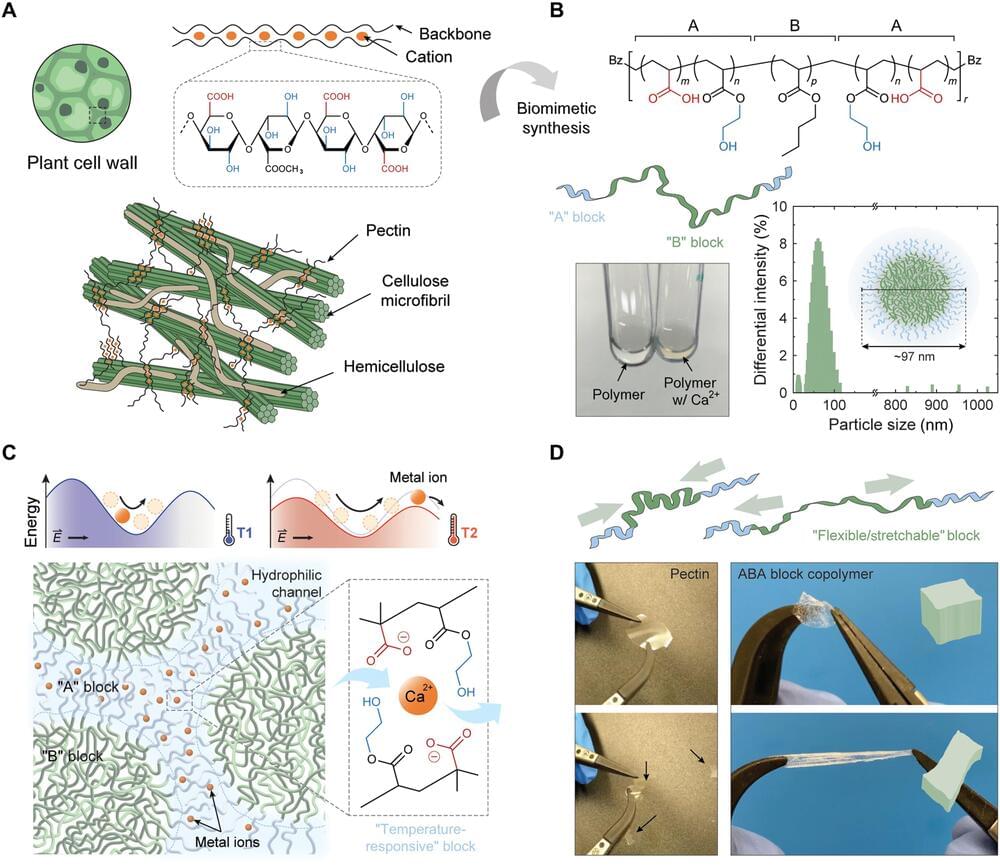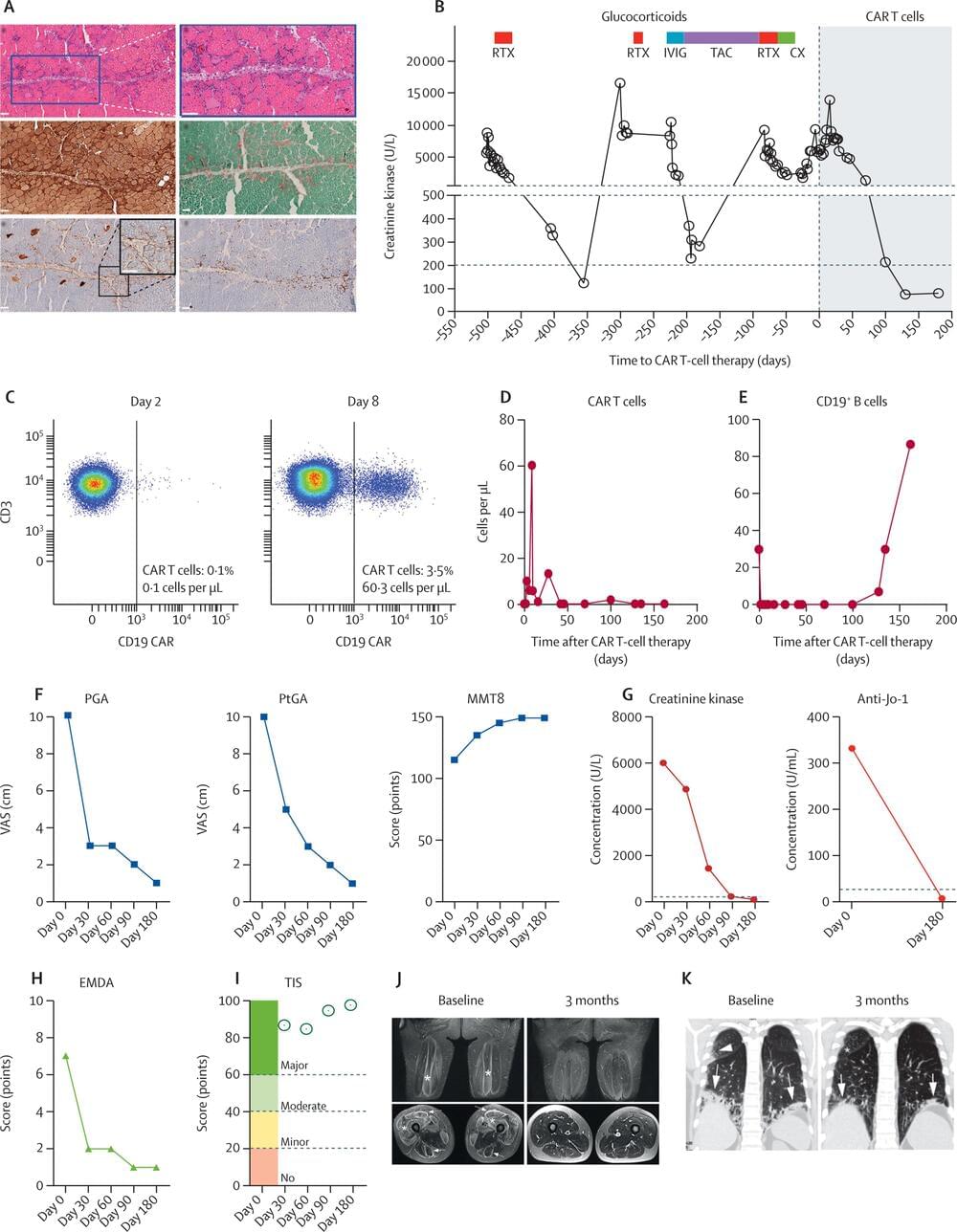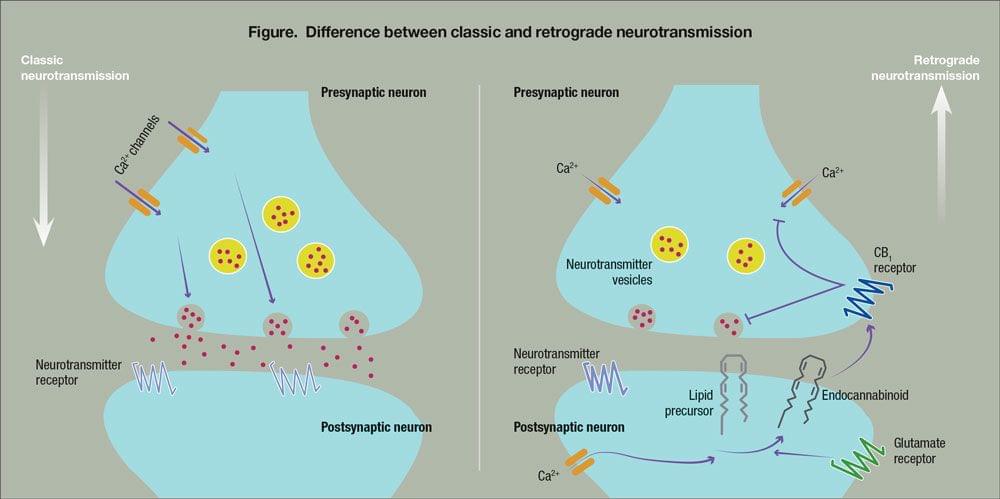Feb 21, 2023
Developing fabrics that change shape when they heat up
Posted by Jose Ruben Rodriguez Fuentes in categories: health, robotics/AI
New textiles developed at Aalto University change shape when they heat up, giving designers a wide range of new options. In addition to offering adjustable esthetics, responsive smart fabrics could also help monitor people’s health, improve thermal insulation, and provide new tools for managing room acoustics and interior design.
The new fabrics weave together old technology and a new approach. Liquid crystalline elastomers (LCEs) were developed in the 1980s. LCEs are a smart material that can respond to heat, light, or other stimuli, and they’ve been used as thin films in soft robotics. Although LCEs have been made into fibers, so far they haven’t been made into textiles.
Continue reading “Developing fabrics that change shape when they heat up” »

















